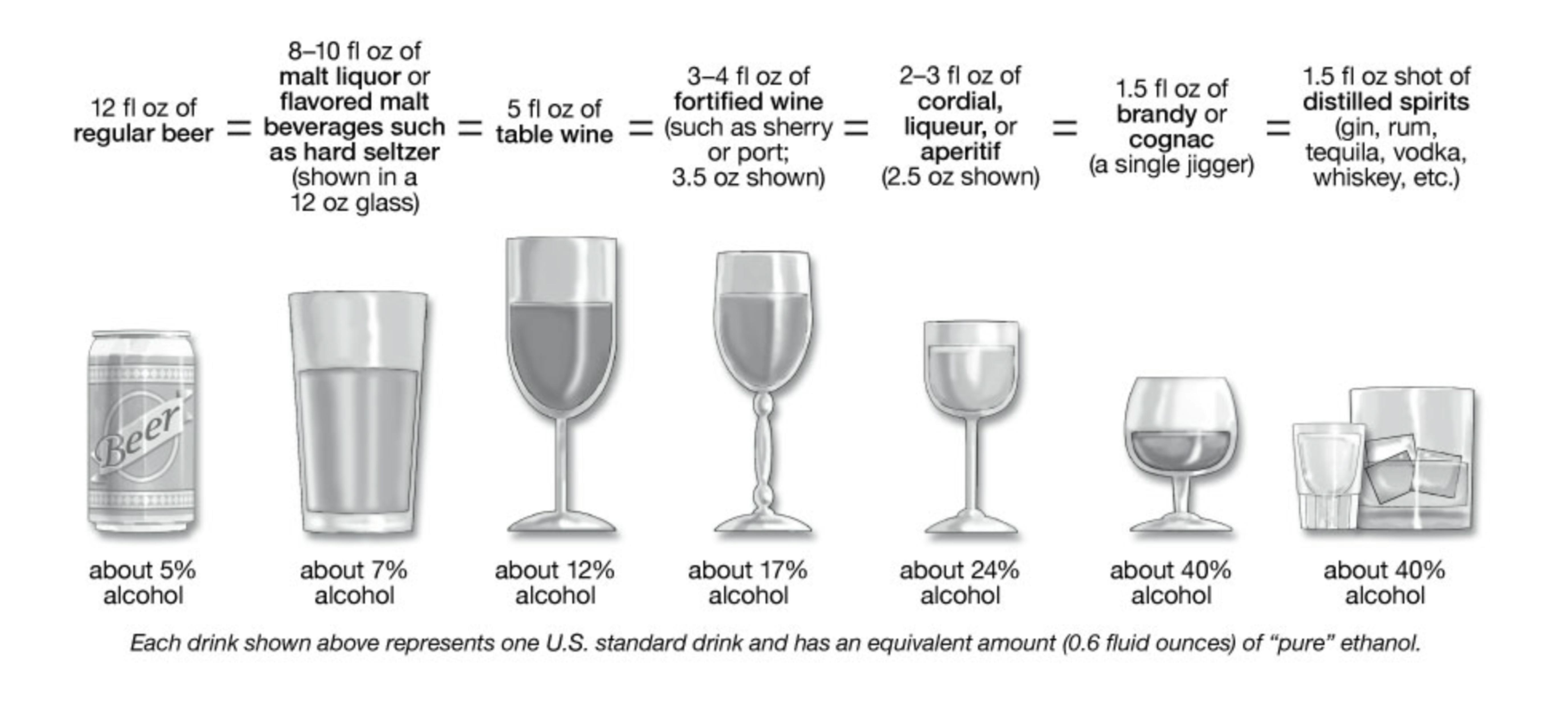
Alcohol and Breast Cancer Risk: A Few Facts

I am often asked about the connection between alcohol and breast cancer risk. While enjoying a drink every now and then might seem harmless, it's crucial to understand how our choices can impact our health, especially when it comes to breast cancer.
The Basics
Breast cancer is a complex disease with various risk factors. One such factor that has been studied is alcohol consumption. Before we dive into the link between the two, let's walk through how alcohol affects the body.
When we consume alcohol, our body first breaks it down into acetaldehyde, a known carcinogen. Even in the short time that acetaldehyde is active in the body, it can damage our DNA. This can lead to mutations that might contribute to the development of cancer cells.
The Effects
The exact mechanism is not fully understood; however it is believed that alcohol may alter hormone levels in the body, such as estrogen, which has been linked to the growth of certain types of breast cancer. There is some evidence to suggest that alcohol consumption may be associated with increased breast density. Higher breast density can make it more challenging to detect breast cancer through mammography. Chronic alcohol consumption can lead to inflammation in various tissues, including breast tissue. Inflammation is a complex process that may contribute to the development of certain diseases, including cancer. Alcohol can suppress the immune system, making the body less effective at fighting off diseases. This weakened immune response may impact the body's ability to prevent or control the growth of abnormal cells in breast tissue.
Moderation Matters
Moderation in alcohol consumption is recommended for overall health, not just breast health. Breast cancer risk tends to increase with the amount of alcohol consumed and the key lies in being mindful of your alcohol consumption. The relationship between alcohol and breast health is complex, and individual responses may vary. Additionally, the risk of breast cancer is influenced by a combination of factors, including genetics, lifestyle, and environmental factors. Awareness and moderation can empower individuals to make informed choices about their lifestyles. It's not about eliminating every risk factor, but rather understanding and managing them to promote overall well-being and increase our breast health.
Moderate drinking is generally defined as up to one drink per day for women. The National Institute on Alcohol Abuse and Alcoholism defines one drink to be:
- 12 fl oz regular beer
- 8 - 10 fl oz malt liquor
- 5 fl oz wine
- 1.5 fl oz spirits

Source: National Institute of Alcohol Abuse and Alcoholism
References:
McDonald JA, Goyal A, Terry MB. Alcohol Intake and Breast Cancer Risk: Weighing the Overall Evidence. Curr Breast Cancer Rep. 2013 Sep;5(3):10.1007/s12609-013-0114-z. doi: 10.1007/s12609-013-0114-z. PMID: 24265860; PMCID: PMC3832299.
Scoccianti, C., Lauby-Secretan, B., Bello, P., Chajes, V., & Romieu, I. (2014). Female Breast Cancer and Alcohol Consumption: A Review of the Literature. American Journal of Preventive Medicine, 46(3), S16-S25. https://doi.org/10.1016/j.amepre.2013.10.031
Chen WY, Rosner B, Hankinson SE, Colditz GA, Willett WC. Moderate Alcohol Consumption During Adult Life, Drinking Patterns, and Breast Cancer Risk. JAMA. 2011;306(17):1884–1890. doi:10.1001/jama.2011.1590
Yaghjyan L, Heng YJ, Baker GM, Rosner BA, Tamimi RM. Associations of alcohol consumption with breast tissue composition. Breast Cancer Res. 2023 Mar 30;25(1):33. doi: 10.1186/s13058-023-01638-z. PMID: 36998083; PMCID: PMC10061845.
Take your breast health into your own hands.
Start with Gabbi's risk assessment.
Shelly Beckley is a dedicated healthcare professional with a strong background in oncology and over a decade of experience as a nurse practitioner. She holds a Master of Science in Nursing from MGH Institute of Health Professions in Boston, with direct experience in cancer care and patient advocacy. Her broad scope in breast health spans from counseling women who are at high-risk to the diagnosis, treatment, and survivorship in breast cancer. Shelly is passionate about improving healthcare outcomes and plays an active role in quality improvement initiatives for cancer care. She also leads the clinical team at Gabbi, a leading healthcare company working to make late-stage breast cancer obsolete.